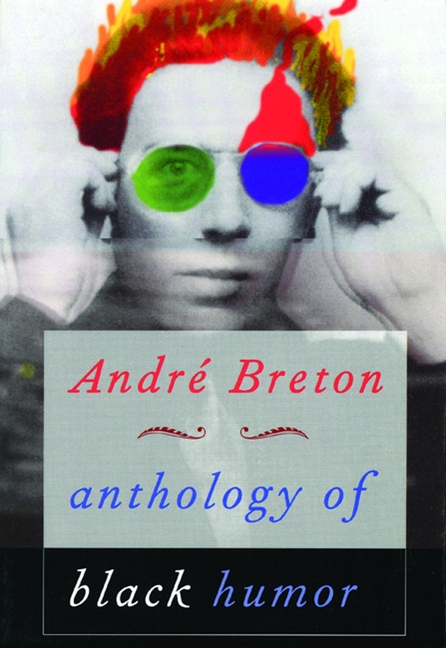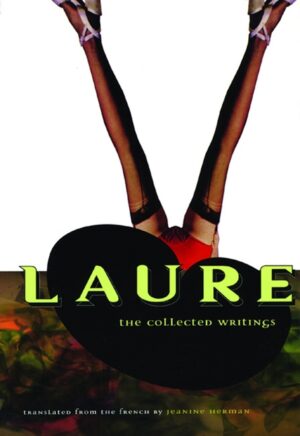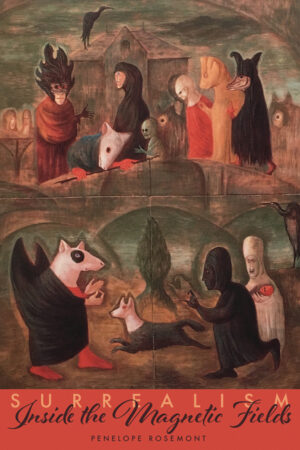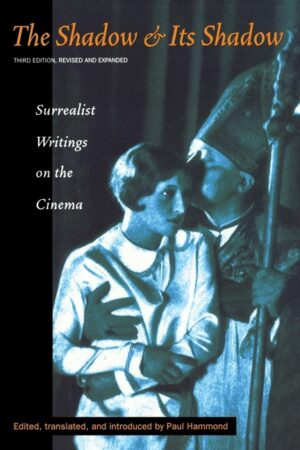This is the first publication in English of the anthology that contains Breton’s definitive statement on l’humour noir, one of the seminal concepts of Surrealism, and his provocative assessments of the writers he most admired. While some of the authors featured in The Anthology of Black Humor are already well known to American readers–Swift, Kafka, Rimbaud, Poe, Lewis Carroll, and Baudelaire among them (and even then, Breton’s selections are often surprising)–many others are sure to come as a revelation.
The entries range from the acerbic aphorisms of Swift, Lichtenberg, and Duchamp to the theatrical slapstick of Christian Dietrich Grabbe, from the wry missives of Rimbaud and Jacques Vache to the manic paranoia of Dali, from the ferocious iconoclasm of Alfred Jarry and Arthur Craven to the offhand hilarity of Apollinaire at his most spontaneous. For each of the forty-five authors included, Breton has provided an enlightening biographical and critical preface, situating both the writer and the work in the context of black humor–a partly macabre, partly ironic, and often absurd turn of spirit that Breton defined as “a superior revolt of the mind.”
“Anthologies can aim to be groundbreaking or thought-provoking; few can be said to have introduced a new phrase–or a new concept–into the language. No one had ever used the term “black humour” before this one came along, unless, perhaps, it was from a racial angle.”–The Guardian
Andre Breton (1896-1966), the founder and principal theorist of the Surrealist movement, is one of the major literary figures of the past century. His best-known works in English translation include Nadja, Mad Love, The Manifestoes of Surrealism, The Magnetic Fields (with Philippe Soupault), and Earthlight. Mark Polizzotti is the author of Revolution of the Mind: The Life of Andre Breton.
-
Hi, I'm André Breton
Founder, leader, and chief theoretician of the surrealist movement, the poet André Breton was born in Normandy in 1896. A medical student at the outset of the First World War, Breton served in the army at a neurological ward, where he treated patients for post-traumatic stress, including Jacques Vaché, whose iconoclastic views influenced him considerably. In post-war Paris, Breton sought out writers like Apollinaire and Reverdy, began a periodical Littérature with Philippe Soupault and Louis Aragon, and helped form a French contingent of Dada under the leadership of Tristan Tzara. But already Breton and his friends were moving beyond the absolute negation of Dada to Surrealism, a movement rooted in pure psychic automatism, desire, chance, poetry, and the marvelous. Under Breton’s leadership, Surrealism became the most vital European avant-garde of interwar high modernism, its influence extending to Egypt, Japan, and the Caribbean. Exiled to the United States during the Second World War, due to the Nazi occupation, Breton would return to Paris in 1945 and continue to lead the movement until his death in 1966.







